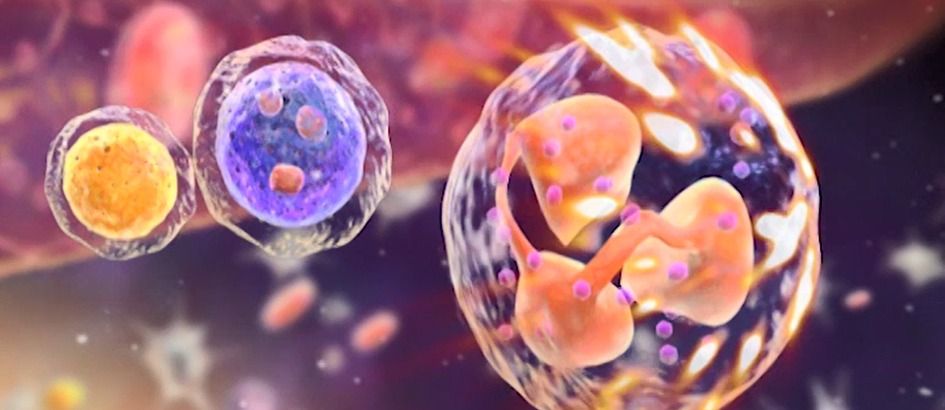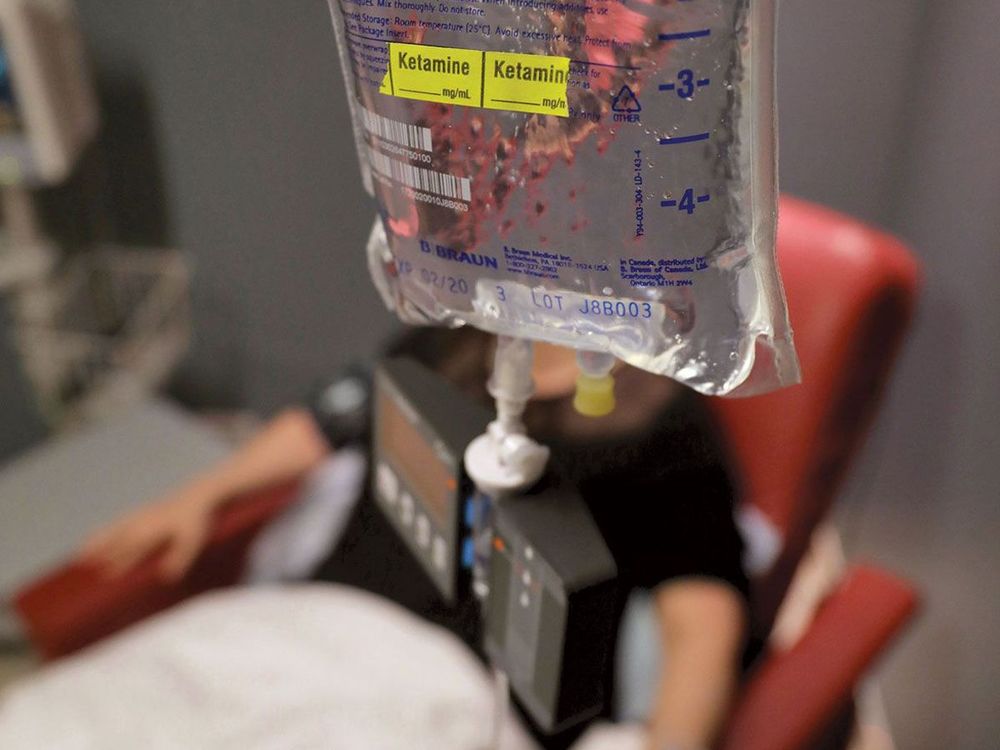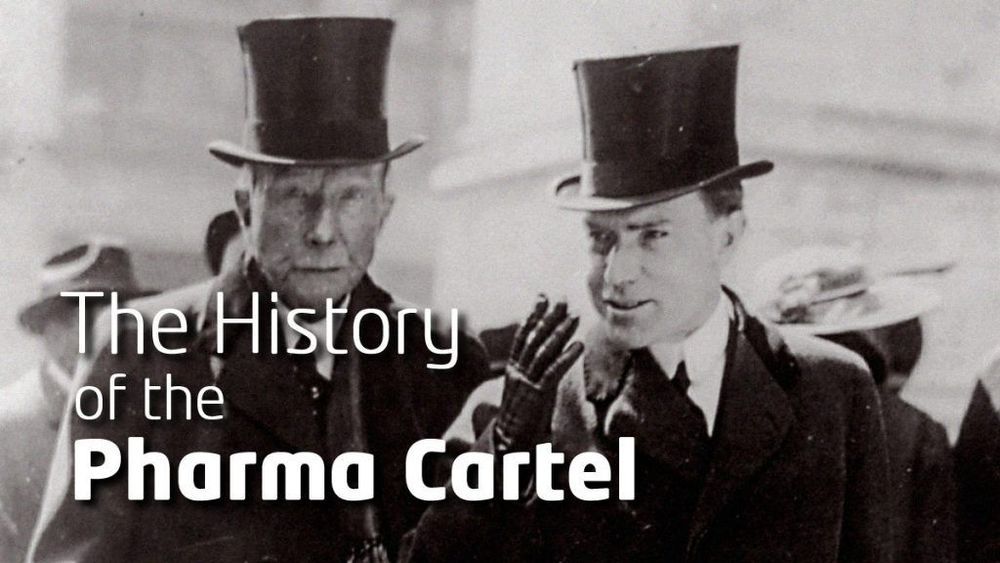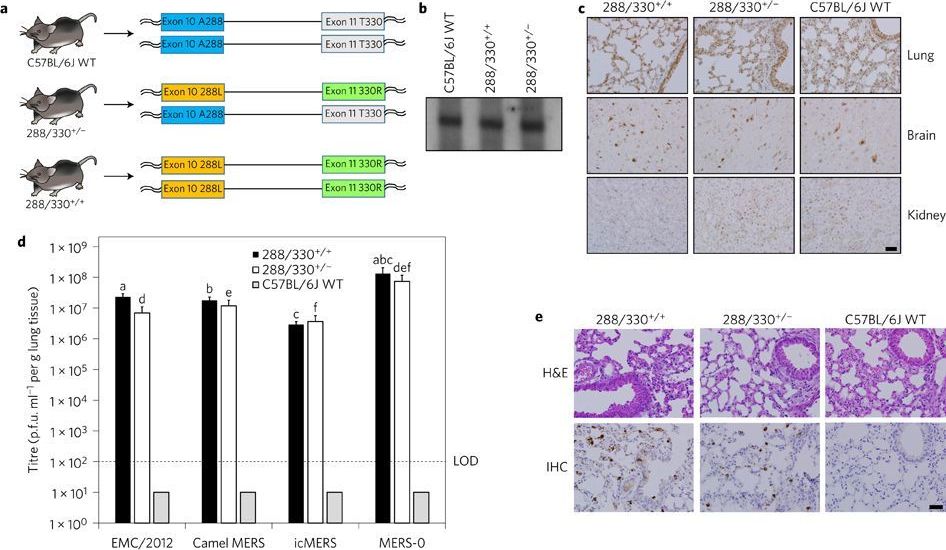
The current threat of avian influenza to the human population, the potential for the reemergence of severe acute respiratory syndrome (SARS)-associated coronavirus, and the identification of multiple novel respiratory viruses underline the necessity for the development of therapeutic and preventive strategies to combat viral infection. Vaccine development is a key component in the prevention of widespread viral infection and in the reduction of morbidity and mortality associated with many viral infections. In this part, coronavirus vaccine, especially SARS-CoV vaccines are mainly discussed.
Coronavirus vaccines can be inactivated coronavirus, live attenuated coronavirus, or S protein-based. Besides, there are still vectored vaccines, DNA vaccines, and combination vaccines against coronaviruses. Vaccines targeting several animal CoVs have been developed, and some have been demonstrated to be efficacious in preventing viral infection. However, a phenomenon of enhanced disease following vaccination has been observed in cats upon infection with feline infectious peritonitis virus following previous infection, vaccination, or passive transfer of antibody. The phenomenon is not fully understood but is believed to be a result of enhanced uptake and spread of the virus through binding of virus-antibody immune complexes to Fc receptors on the surfaces of macrophages; low-titer (subneutralizing) antibodies directed against the S protein are mainly responsible. Although antibody enhancement appears to be limited to feline infectious peritonitis virus among CoVs, similar concerns have been raised with regard to SARS-CoV. Previously infected mice and hamsters are protected from subsequent infection with SARS-CoV in the absence of enhanced disease, and vaccine studies and passive immunoprophylaxis performed with mice and hamsters suggest that previous exposure and the presence of NAbs provide protection.

















